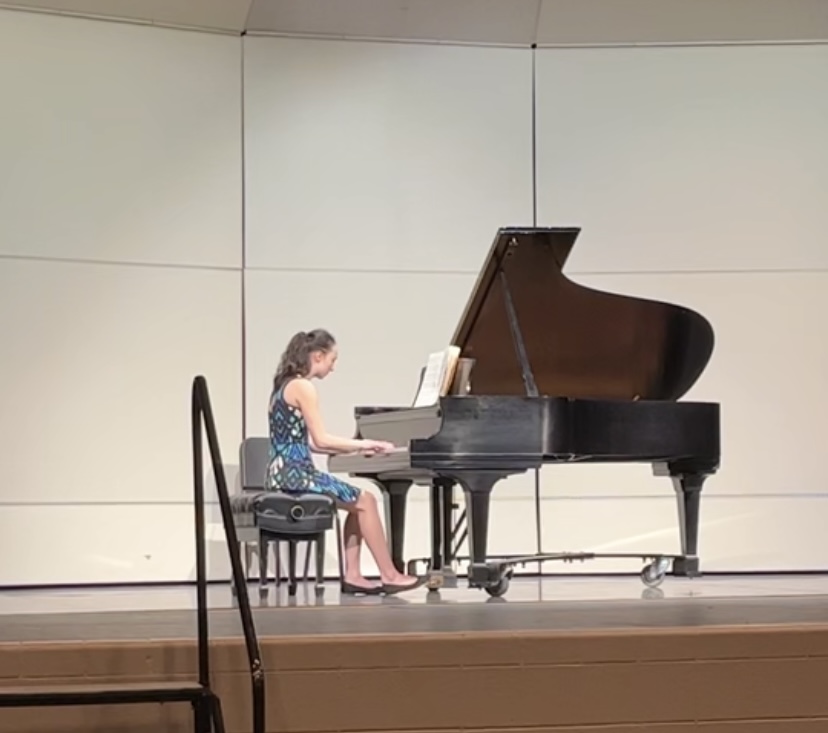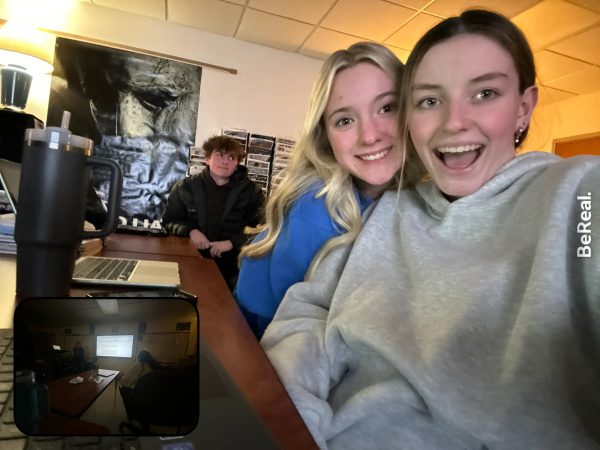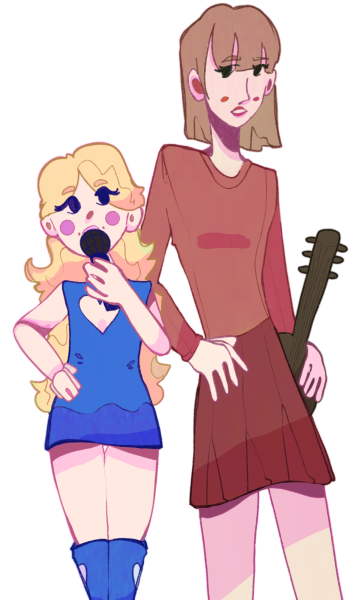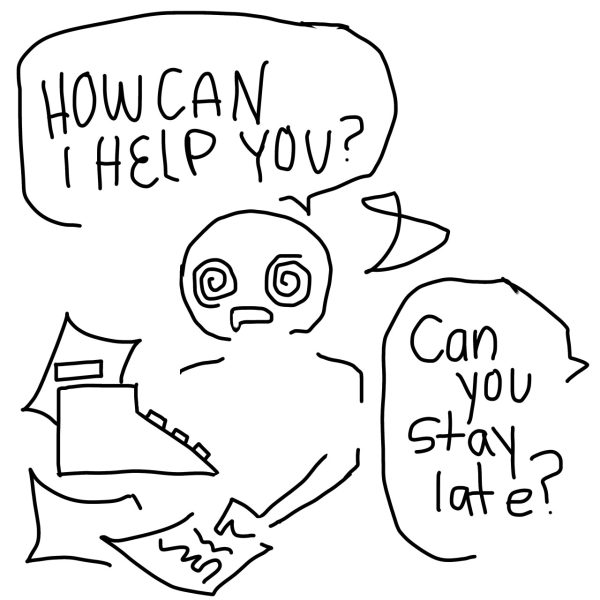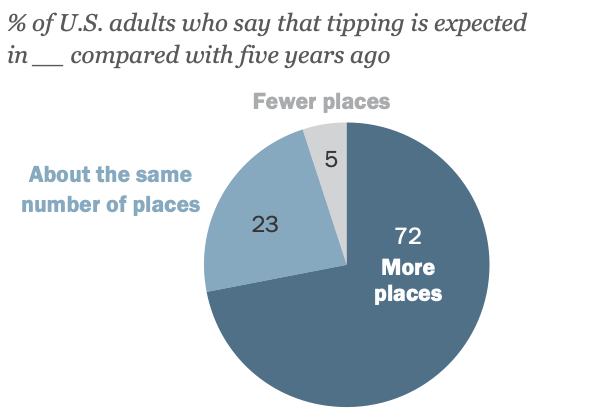Growing Through Music
Before I was born, my dad was a singer and songwriter. He played at bars and clubs and had gigs at weddings and parties.
He also played for my mom. The first song he ever wrote was about how terribly he missed her while he was away on business trips. It was called “Room 132,” or the hotel room that he sat miserably in, missing his wife.
Later, a few months after I was born, he wrote a song about me, named “Mylah.” Growing up, I listened to that song sung on my birthday, in simple moments of love, with a guitar and without. It created a special connection between my dad and me. Even though he grew busier and I grew older, he still plays it for me occasionally.
Music has always had a significant influence on my life. I’ve always loved listening to it, but when I started playing the piano in kindergarten, it became even more impactful. I progressed from “Twinkle Twinkle Little Star” to “Für Elise” to “Clair de Lune,” but as my skill level advanced, I found myself doubting my talent. Why was playing a simple D minor scale with my 11 years of experience so difficult? How has it been all this time, and I haven’t learned basic music theory?
As my doubts began to multiply, I became unhappy with the art I was creating. For a while, practicing became a burden, and competitions became events to dread for months. This continued for almost a year until I realized that playing the piano is less technical and more emotional.
It doesn’t matter how fast or slow, loud or soft, or legato or staccato you play. Well, I suppose it does to sound good for judges, but what’s more important is how much emotion you put into it, for yourself. A trick I use is, when I’m practicing, I allow myself to feel the emotion that my song should represent. If it’s supposed to be angry, I’ll think about something infuriating. If the song is sad, I’ll think about something depressing. Once I figured this out, my connection progressed, and now I am content while playing music.
Another thing that helped to strengthen my love of music was simply listening to music, whether it be music I play on the piano or not. I find myself having the same specific emotion: deep passion and an appreciation for music. Listening to it, especially songs that match your mood, is a great way to heighten this emotion. If I’m happy, listening to “Good Days” by SZA or “Chiquitita” by ABBA makes me even happier.
If I’m sad or need to cry, I’ll listen to sad music. Knowing me, it’ll be something by TV Girl.
“Good Days” brings an overall sense of joy and positivity, but emotions linked to music tend to go deeper than that. Verse two makes me feel bold. The outro makes me feel free and weightless, which many people describe as “ascending.” Ascending to where? I don’t know, but it makes sense.
Sometimes, it’s the other way around, and the music will act as a catalyst for intense emotions. For example, listening to “Chiquitita” while I’m sad will ease my sadness quicker. I have to be careful, however. Overplaying a happy song during these moments will eventually make it sad.
Categorizing music by the season that matches the song’s vibe is one of my favorite things to do. For example, “Doin’ Time” by Lana Del Rey is so obviously a summer song, along with “Take A Slice” by Glass Animals.
Sometimes a song is categorized if it’s playing during a powerful memory. It will then be automatically associated with the season in which that memory happened. For example, “Temptation” by Joey Bada$$ could be classified as an autumn song. However, because it was the song that was playing on the last day of my sophomore year as I drove out of school, to me, it’s a summer song. Similarly, anything by Imagine Dragons is also a summer song because of its prevalence in the high school strength room during summer strength.
Music can also have a meaning for the setting where it is best played. “Redbone” by Childish Gambino is, in my opinion, not a good song to play in the car, but it’s fantastic if you’re sitting in class working on something. “The Blonde” by TV Girl is much better in the car. I love listening to “Bonfire” by Childish Gambino in the hallway—it boosts my confidence while walking. “Working for the Knife” by Mitski is excellent anywhere.
I really can’t imagine my life without music. I think about how much fun I’ll have showing my kids what music I listened to in high school. The song I think specifically about sharing is “Hell ‘n Back” by Bakar—it’s always the song I’ve imagined showing them. I feel like it’s my ultimate “junior” song. It was playing when I was asked to homecoming. I played it in moments of happiness during the entire school year. It’s been one of my favorite songs for a very long time.
I’m excited to see how my music taste changes through the years. I wonder all the time if I’ll go do something with my talent on the piano. The unpredictability of it all shows how music forces you to stay in the moment, which may be the most positive thing of all.
Each and every day, I thank my dad for helping me learn how to connect my emotion to music, and therefore for helping me become a better musician.
If you’re a musician too, I know how hard it can be. You’re constantly practicing and sometimes feel like you’re not good enough. You are not alone. But when I remembered why I’m really playing, the stress eased up, and it got better. I was able to work hard on my music, but instead of hating myself over a missed note or a finger strain, I embraced every note of music I played, with a kind heart towards myself. Once I listened to my emotions, once I really thought about how much I cared about music, I got better. There is a way to find passion in the music you play and listen to—you just have to search for it.
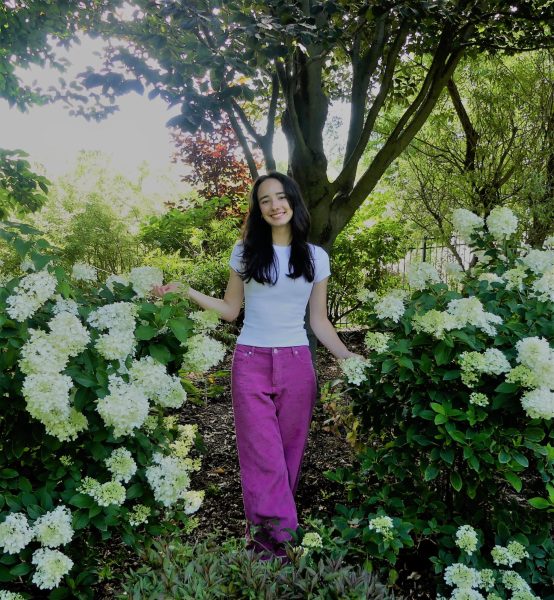
Mylah is a senior, and this is her second and a half year on staff! She's also the editor-in-chief. She joined because she loved the organizational aspect...


